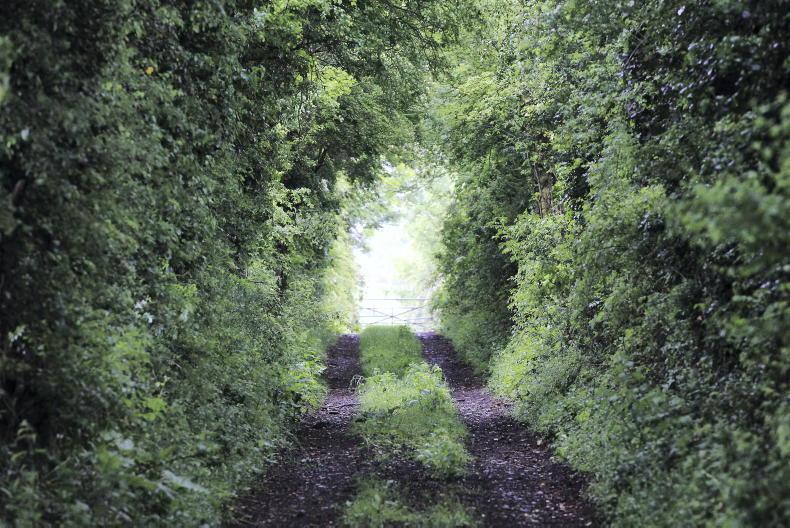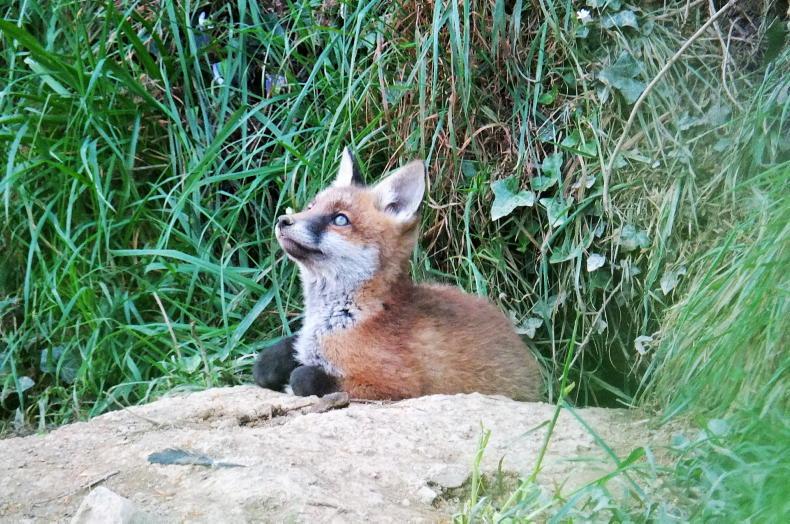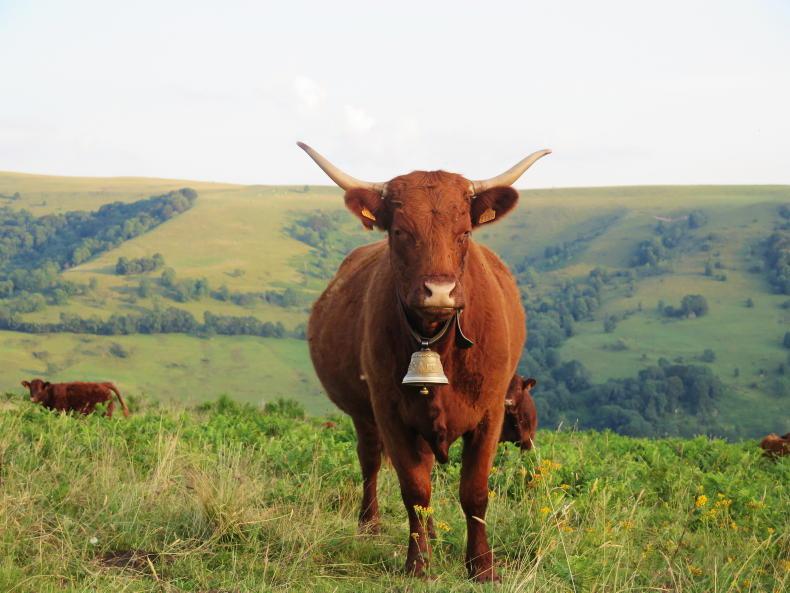There is unjustified opposition to the European Commission’s nature restoration law, according to the International Federation of Organic Agriculture Movements (IFOAM) Europe.
The group has called on MEPs to support ambitious nature restoration on agriculture land, insisting that the preservation of natural resources is essential for sustainable agricultural production.
It said that, overall, well-functioning ecosystems are “essential” and “crucial” for food production.
Drastic decrease
Sounding the alarm bells, IFOAM Europe highlighted that biodiversity in the EU has decreased drastically, that pollinators are declining, birds are disappearing, and soil health is deteriorating.
Intensive agriculture is one of the main drivers for this biodiversity loss, the European organic group claimed.

IFOAM Europe highlighted that biodiversity in the EU has decreased drastically.
“Biodiversity and healthy ecosystems are essential for the productivity of farming systems. It is urgently necessary to reverse the accelerating biodiversity loss and start restoring nature.
“Organic farming shows that it is possible to produce nutritious and sufficient food while preserving biodiversity, storing carbon in soils and making our food production more resilient to the increasing impacts of climate change,” IFOAM organics Europe’s policy manager Eric Gall said.
More biodiversity
Gall suggested that organic farmers have 30% more biodiversity on their farms due to the lack of synthetic pesticides and fertilisers used.
“Longer and diverse crop rotations with leguminous are an essential element of the organic farming system to ensure soil fertility and contribute to soil health.

Biodiversity is essential for healthy food systems, says IFOAM.
“Together with other beneficial management practices such as cover crops and manure application, crop rotations contribute to increased soil organic carbon sequestration on organic farms.
“Land-based livestock systems with grazing and lower stocking rates also support biodiversity in grassland,” he added.
Support
IFOAM claimed that supporting organic farming and moving towards the target of 25% of EU agricultural land under organic management by 2030 can therefore make an important contribution to bringing back nature on the fields.
To ensure long-term food security in Europe and beyond, policymakers have a duty to help farmers to preserve the natural capital on which we depend to produce food and should not be lured by misguided calls to weaken environmental legislation, the group said.
There is unjustified opposition to the European Commission’s nature restoration law, according to the International Federation of Organic Agriculture Movements (IFOAM) Europe.
The group has called on MEPs to support ambitious nature restoration on agriculture land, insisting that the preservation of natural resources is essential for sustainable agricultural production.
It said that, overall, well-functioning ecosystems are “essential” and “crucial” for food production.
Drastic decrease
Sounding the alarm bells, IFOAM Europe highlighted that biodiversity in the EU has decreased drastically, that pollinators are declining, birds are disappearing, and soil health is deteriorating.
Intensive agriculture is one of the main drivers for this biodiversity loss, the European organic group claimed.

IFOAM Europe highlighted that biodiversity in the EU has decreased drastically.
“Biodiversity and healthy ecosystems are essential for the productivity of farming systems. It is urgently necessary to reverse the accelerating biodiversity loss and start restoring nature.
“Organic farming shows that it is possible to produce nutritious and sufficient food while preserving biodiversity, storing carbon in soils and making our food production more resilient to the increasing impacts of climate change,” IFOAM organics Europe’s policy manager Eric Gall said.
More biodiversity
Gall suggested that organic farmers have 30% more biodiversity on their farms due to the lack of synthetic pesticides and fertilisers used.
“Longer and diverse crop rotations with leguminous are an essential element of the organic farming system to ensure soil fertility and contribute to soil health.

Biodiversity is essential for healthy food systems, says IFOAM.
“Together with other beneficial management practices such as cover crops and manure application, crop rotations contribute to increased soil organic carbon sequestration on organic farms.
“Land-based livestock systems with grazing and lower stocking rates also support biodiversity in grassland,” he added.
Support
IFOAM claimed that supporting organic farming and moving towards the target of 25% of EU agricultural land under organic management by 2030 can therefore make an important contribution to bringing back nature on the fields.
To ensure long-term food security in Europe and beyond, policymakers have a duty to help farmers to preserve the natural capital on which we depend to produce food and should not be lured by misguided calls to weaken environmental legislation, the group said.








 This is a subscriber-only article
This is a subscriber-only article









SHARING OPTIONS: